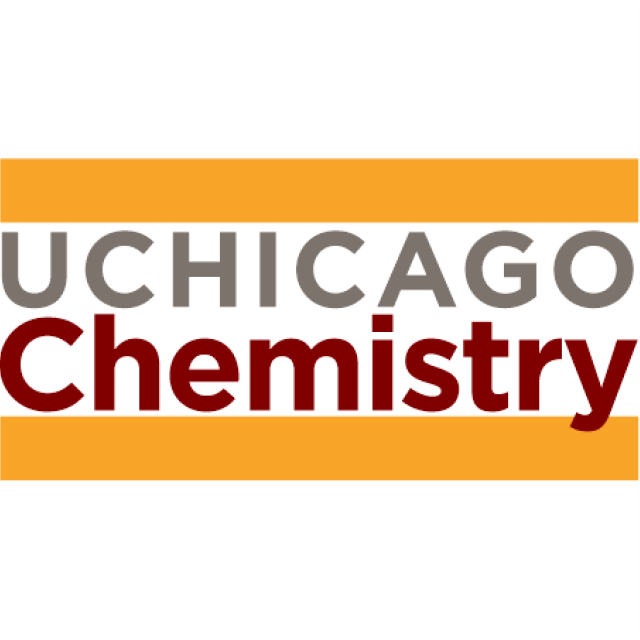Undergraduate Chemistry Major and Research
See the most current Courses and Programs of Study Catalog for the requirements for the Chemistry and Biological Chemistry concentration programs and course listing.
The Faculty Advisor for Chemistry and Biological Chemistry majors is Professor John Anderson.
Undergraduate Research
If you are considering graduate study in chemistry or a related field, by fall or winter quarter of your third year you should seek out an opportunity to do research, even if you do not plan to do an honors thesis. Typically, students begin research on a volunteer basis during their second or third year of study. Productive students can be hired as paid assistants here or at other institutions over the summer.
